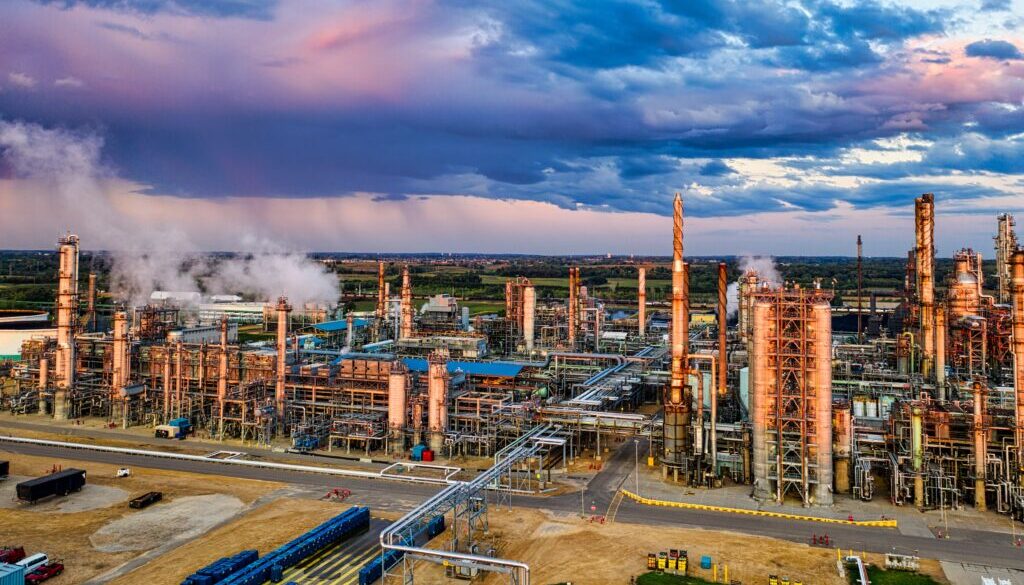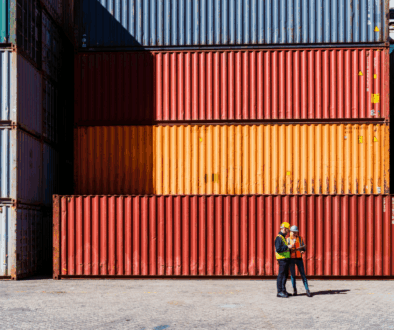EPA failing to regulate water pollution from oil refineries, says new report
Millions of gallons of unregulated wastewater generated at oil refineries are flowing into US waterways every day, a regulatory failure endangering public health, according to a report released Thursday.
The new study, issued by the Environmental Integrity Project (EIP), reveals that the Environmental Protection Agency (EPA) is failing to regulate and enforce limits required by the Clean Water Act on dangerous wastewater pollution from the nation’s oil refineries — waste that can contain hazardous chemicals linked to cancer, anemia, and immune and neurological effects, such as cyanide, mercury, selenium, and benzene. The authors of the report call for the EPA to set more restrictive limits for refineries in order to protect public health and the environment.
The findings are evidence that progress on clean water issues has stalled, said Eric Schaeffer, the executive director of EIP and a former director of civil enforcement at the EPA. “These are not the fishable and swimmable waters we were promised [by the Clean Water Act],” he said.
Oil refineries transform crude oil into usable petroleum products such as diesel, gasoline, and kerosene. The refinery process uses enormous amounts of water, which refineries must then discard.
The report, which surveyed 81 refineries in 24 states, found that US refineries discharged an estimated 60,000 pounds of selenium, along with 10,000 pounds of nickel, 15.7 million pounds of nitrogen, and 1.6 billion pounds of chlorides, sulfates, and other pollutants, into waterways in 2021. The substances carry a range of potential dangers for fish, birds, other animals and people depending upon exposure levels.
According to the authors, these estimates are likely low as they do not include contaminants released during spills or in stormwater runoff.
More than two-thirds of the refineries examined by EIP were found to contribute to heavy pollution of downstream rivers, lakes, and estuaries, making such water bodies unable to support healthy aquatic life or safe recreation.
The current standards governing wastewater from refineries are “weak and outdated,” the EIP report states.
“Skeletal standards”
The Clean Water Act requires the EPA to limit the amount and concentration of pollutants in wastewater based on the best available wastewater treatment methods, and to re-evaluate those limits every five years to reflect improvements in wastewater treatment technology.
The EPA’s standards for wastewater releases from refineries have not been revised since 1985 — a clear violation of the Clean Water Act, said Schaeffer.
According to the report, US refineries are often old, averaging 74 years, though the oldest were built in the 1880s. Due to their age, they often have inadequate pollution control systems that can’t keep up with the growth of the refineries over decades.
Additionally, the EPA’s discharge limits for refineries apply to just ten pollutants, and do not include any limits for selenium, benzene, nickel, cyanide, lead, and mercury, according to the report.
“The skeletal standards do not begin to address the variety and volume of dangerous contaminants,” the report states.
The report also found that almost 83% of US refineries have violated their permitted limits on water pollutants at least once, though only a quarter of those refineries were ever penalized.
Environmental justice concerns
The regulatory failure is also an environmental justice issue, according to the report, since two-thirds of the refineries examined by the EIP are in areas dominated by low-income residents, and over half the refineries are located in communities of color.
In Port Arthur, Texas, where African-Americans are a majority of the population, refineries have been dumping wastewater into nearby waterways that drain to the Gulf of Mexico for years, said John Beard Jr., a former refinery worker and executive director of the Port Arthur Community Action Network.
“They don’t build these facilities… in communities of affluence,” said Beard. “They take the path of least resistance: the people who can ill-afford to fight back. Those are the communities that are oppressed.”
In response to the widespread pollution, members of EIP have called for the EPA to impose more stringent standards on oil refineries, and to begin enforcing limits that do exist.
“What are we asking for?” said Schaeffer. “No more than what the Clean Water Act has required since the 1970s — for EPA to comply with a law, rise to the occasion, and write new standards.”



